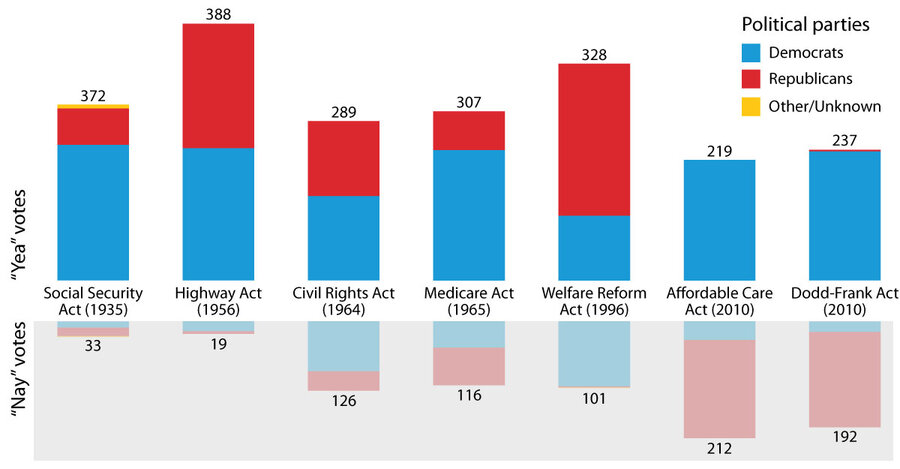The Trump administration has been signaling that the United States should be pulling back from alliances and treaties. Some call this an abdication of the US leadership role. But the White House maintains the US can still lead while running a leaner, more efficient foreign-policy operation.
Monitor Daily Podcast
- Follow us:
- Apple Podcasts
- Spotify
- RSS Feed
- Download
 Marjorie Kehe
Marjorie Kehe
In the five years that I worked as an education reporter for the Monitor, I learned to be very cautious about good news. It was too easy to write a story about a promising new charter school or a school system’s improved test scores only to be disappointed mere months later by a reversal.
And yet this month I’m allowing myself to feel rather hopeful about public schools in Newark, N.J. Test scores are up, graduation rates are up, and, as of this school year, the schools will be back in the hands of the city – after more than 20 years under state control. At the same time, Newark Mayor Ras Baraka (a former school principal) and school superintendent Christopher Cerf seem to have forged a respectful and productive alliance.
Journalist Dale Russakoff wrote about Newark schools in her 2015 book “The Prize.” To fix a system as large and troubled as the Newark schools, Ms. Russakoff said once in an interview, it’s not a matter of “a big idea and new thing.” Instead, she said, “It’s something that you have just to do slowly and patiently and often tediously.”
Let’s hope that’s what we’re seeing in Newark today.
Now, our five stories for your Monday.












